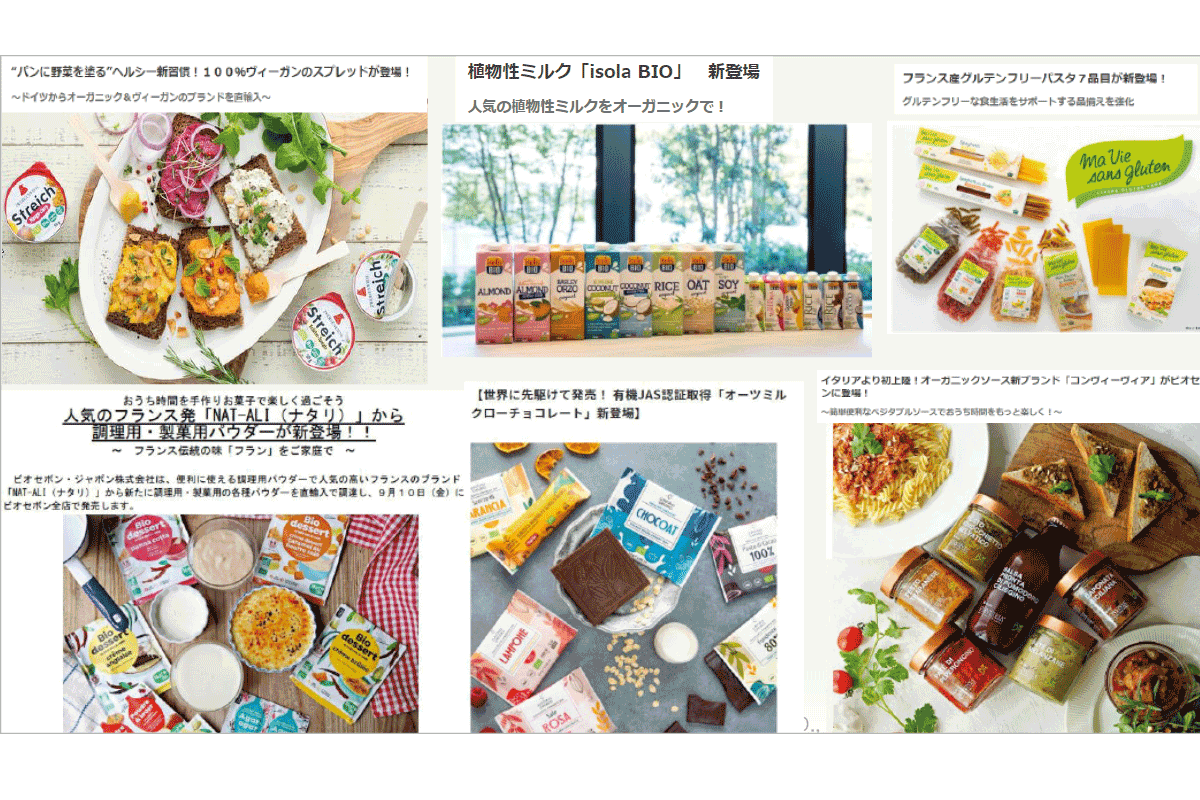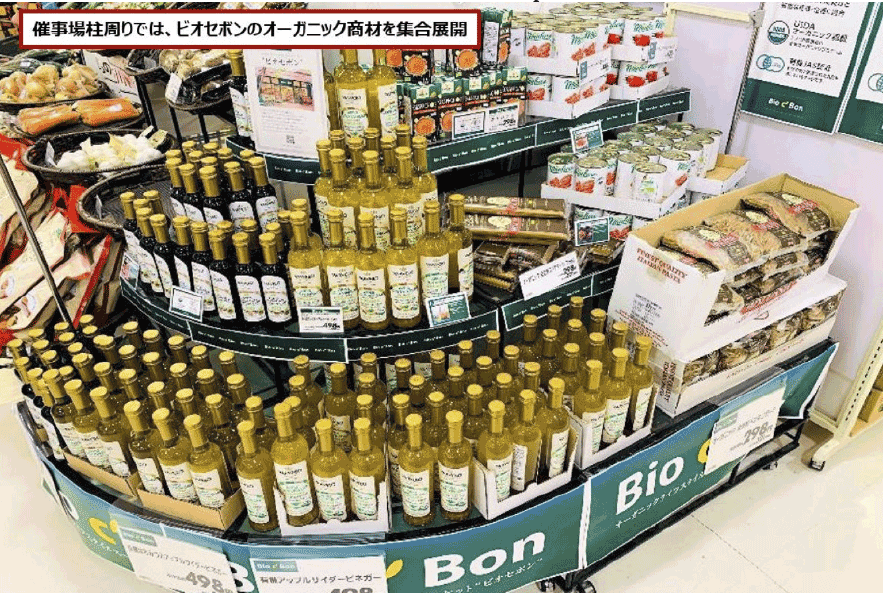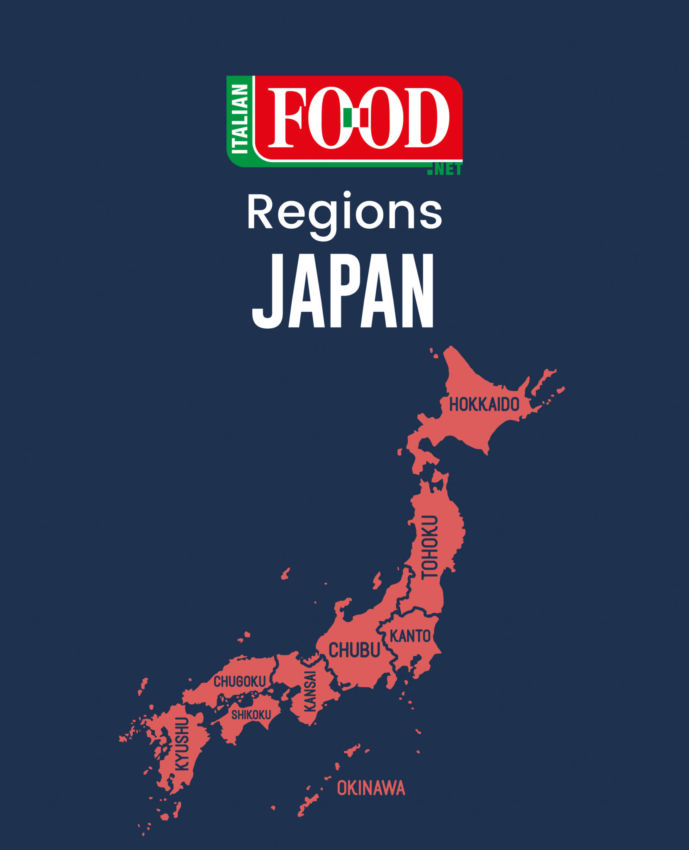
Since 2016, when Bio C’ Bon started in Japan, established as the sustainable and organic strategy of Aeon Group, 27 stores have been opened in Tōkyō.
In this interview with Bio C’ Bon Japan’s Director of Import Division, Mr. Akiteru Imai, Italianfood.net asked how Japanese customers approach Italian products, and what is most known in Japan.
Generally speaking, what are the most interesting consumer food trends in Japan? And what is the reputation of Italian food and beverage in Japan?
A strong food trend is animal substitute products using soybeans, which are widely cultivated in Japan. Organic products are still scarce in this segment, but major food manufacturers have released a number of product lines, like soy yogurt, soy pasta, soy dessert, etc. It is gradually gaining recognition in Japan, but there is still room for growth in caffeine-free coffee and herbal tea. When you think of Italian foodstuffs, in Japan you think of pasta, tomatoes, and olive oil, and it seems that there is a high degree of reliability in these categories. About beverages, we don’t have a clear image of what good suppliers there are, what are the reliable products. I would say that people just don’t know them.

How do you educate consumers to try new products, the Italian ones in this case, or to use ingredients and recipes correctly?
Customer education and communication should be varied according to the characteristics of the target.
“The self-branding segment”: for this target in particular, novelty, rarity, the story behind the products, and the philosophy of the company are the most attracting points for them.
“The super health conscious segment”: here it is necessary to have a product that can differ from the wide offer, based on its health value. For example, products with reduced carbohydrates, increased protein, gluten-free, additive-free, etc. Another very effective example, is to communicate to the consumers, that organic vegetables are more nutritious than regular vegetables.
“The environmental conscious segment”: it is necessary to strengthen the communication of the excellent environmental performance of products. For example, donation made to forest cultivation, present how the company tackles marine plastic pollution issues, fair trade, plastic-free, and the conversion of factory power in natural energy.
What are the top performing Italian food categories in your stores?
In our stores, canned tomato and pasta are the top ones. Whole wheat pasta is particularly trendy. Sales are still low, but “Trapanese pasta”, which was introduced last year as a proposal for a new recipe, became a hot topic.
I had also another satisfying experience with olive oil. We were making business with an olive oil company in Puglia, with whom communication started through web sessions. I liked the taste of their products and immediately decided to import them. With the cargo at sea, en route to Japan, the product won the Best Olive Oil Award from Biofach, and the Best Olive Oil Award from Lodo Selection.

